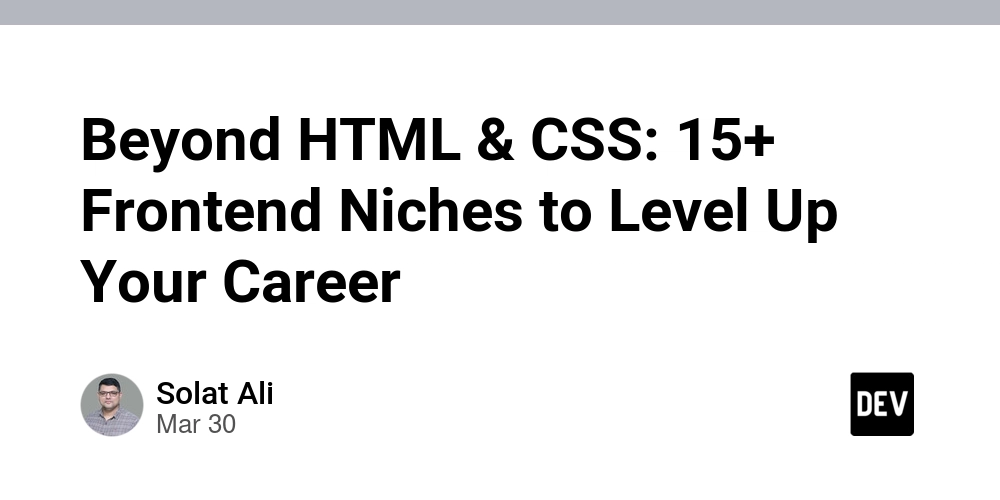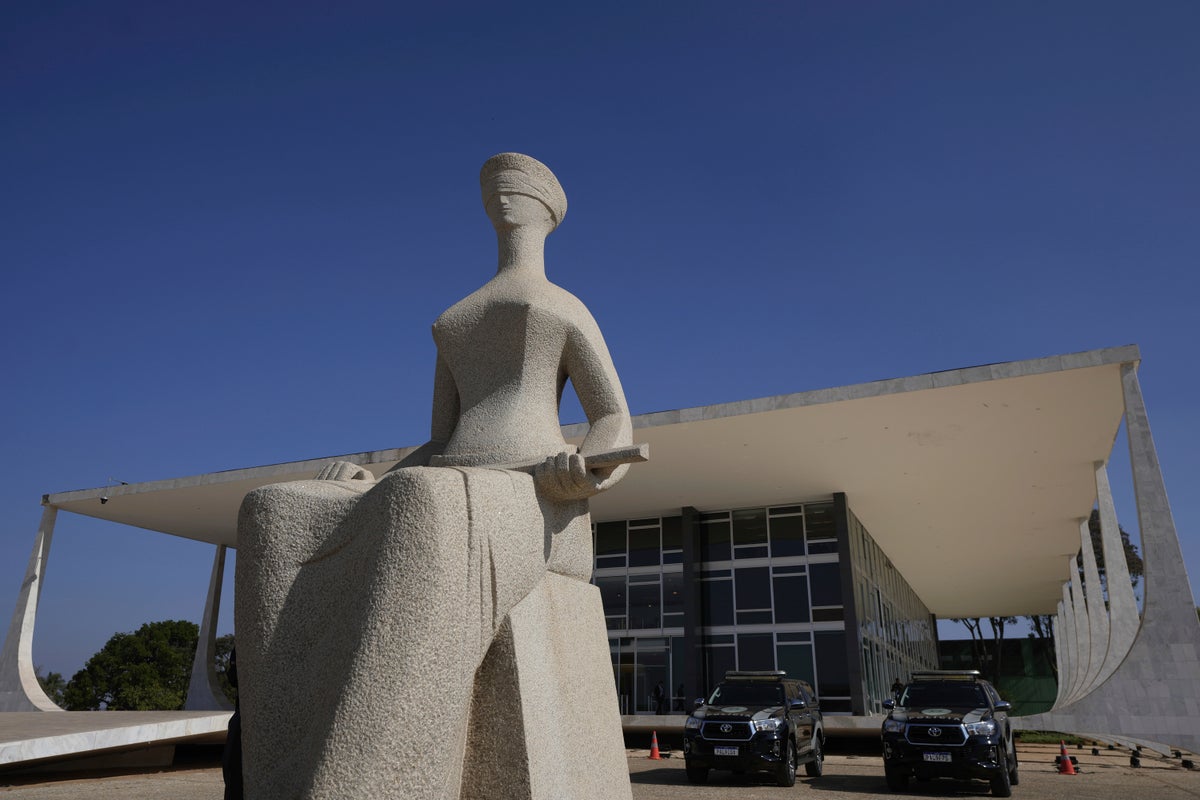Trump’s attack on law firms targets democracy’s front lines of defense
The initial targets of the president’s purge have been the law firms Perkins Coie, Covington & Burling, and Paul Weiss, which drew Trump’s wrath by representing or employing his adversaries.

President Trump’s assault on major U.S. law firms has no historical precedent, but there is one exceptionally powerful literary antecedent.
In William Shakespeare’s “Henry VI, Part Two,” the rebellious Jack Cade plots to seize the throne of England.
“When I am king,” he declares, life will be grand. Tankards will hold more ale, the price of bread will fall by over half, and “there shall be no money; all shall eat and drink on my score.”
Predictably, there is an irrational side to Cade’s grandiosity. It would be a “felony to drink small beer,” and his subjects would be required to wear identical clothing. Then, the people will have to “worship me their lord.”
The great obstacle to Cade’s scheme is quickly recognized by his murderous henchman, Dick the Butcher. “The first thing we do,” he famously says, “is kill all the lawyers.”
It’s not that Dick is fed up with pettifogging and hyper-technicality. Rather, he realizes that lawyers would provide the last defense against Cade’s intended tyranny.
Should he succeed, it is Cade’s plan to “burn all the records of the realm; my mouth shall be the parliament of England.” But first, he would have to eliminate the lawyers standing in his way.
If that sounds familiar, it’s because many of the same lines — demagogic promises, royal pretensions, autocratic rule — could be written today, describing Trump’s efforts to govern through executive orders. Like Dick the Butcher, he understands that lawyers can thwart his ambitions.
The initial targets of the president’s purge have been three law firms — Perkins Coie, Covington and Burling and Paul Weiss — which drew Trump’s wrath by representing or employing his adversaries.
Perkins Coie represented the Hillary Clinton campaign in 2016. Paul Weiss had Mark Pomerantz, who later joined the Manhattan District Attorney’s prosecution of Trump, as a former partner. Covington and Burling represented former Special Counsel Jack Smith, although not in relation to the Trump investigations.
Trump’s orders removed security clearances from the firms’ lawyers, making them ineligible to represent clients in sensitive cases. He also directed federal agencies “to terminate any contract” for which the firms have been hired and prohibited paying private contractors who work with the firms, apparently including their clients.
The Perkins Coie and Paul Weiss orders also instructed agencies to limit law firm employees' “official access from Federal Government buildings,” evidently including courthouses, when it would “threaten the national security of or otherwise be inconsistent with the interests of the United States.”
The qualifying terms — “national security” and “interests of the United States” — were left dangerously undefined, presumably to be invoked at some unnamed official’s whim or discretion.
Dick the Butcher never got a chance to knock off England’s lawyers, but Trump’s retribution campaign is well underway, with the potential to destroy the firms that displease him.
Business clients have solid economic reasons to avoid attorneys on the president’s hit list, especially when their own government contracts may be jeopardized by hiring the wrong firm. Both Paul Weiss and Perkins Coie began losing clients immediately following Trump’s orders.
The danger extends beyond the embattled law firms. Attorneys play a crucial role in protecting individual rights and democracy itself. If lawyers are too intimidated to challenge authority, personal liberty will inevitably suffer. Nobody can rely on the rule of law if lawyers are punished for defending it.
Perkins Coie has challenged Trump’s executive order in court, rightly arguing that it violates multiple provisions of the Constitution, including the First Amendment, by punishing the law firm for its public positions and associations adverse to the president.
The order likewise violates the Fifth and Sixth Amendments, which guarantee the right to counsel. The constant fear of executive retribution compromises lawyers’ ability to provide independent representation to their clients.
Fortunately, the first court to consider the issue has thus far ruled for Perkins Coie, preliminarily blocking the executive order. Trump’s “exertion of extraordinary power” casts “a chilling harm of blizzard proportions across the legal profession,” said U.S. District Judge Beryl Howell, who then set the case for hearing on a permanent injunction.
Unfortunately, winning in court may not be enough. Trump has shown little regard for judges who rule against him, and the three executive orders appear to be the first of many. The Equal Employment Opportunity Commission has already announced the investigation of another 19 major law firms for their DEI policies.
Even if every law firm wins every case, few lawyers can afford to risk provoking Trump’s wrath. The "in terrorem" effect will be unavoidable, as the fear of losing clients threatens to compromise every decision lawyers make. Many big law firms already appear to have been intimidated into silence about Trump’s executive orders.
Paul Weiss got the message. Trump rescinded the executive order after the firm’s chair accepted his demands, including the commitment of $40 million in pro bono attorney time for several Trump administration initiatives, and an agreement not to reject clients based on their political views.
According to the White House, Paul Weiss also acknowledged the “wrongdoing” of former partner Mark Pomerantz — whose offense had apparently been, in his words, “working as a prosecutor to uphold the rule of law.”
If that seems like extortion and coercion, well, let’s just say that law firms are businesses with strong incentives to survive.
Trump’s own butcherish henchman left no doubt about the consequences of resistance. “He’s going to put those law firms out of business,” said Steve Bannon. “What we are trying to do is put you out of business and bankrupt you.”
As the late Justice John Paul Stevens once observed, “disposing of lawyers is a step in the direction of a totalitarian form of government.”
And here we are.
Steven Lubet is the Williams Memorial Professor Emeritus at the Northwestern University Pritzker School of Law.













































![Get 15% Amazon Discount With Discover Card Cashback [YMMV]](https://boardingarea.com/wp-content/uploads/2025/03/b3bb83beb4bb9391e57685a6d7d537ef.png?#)
































